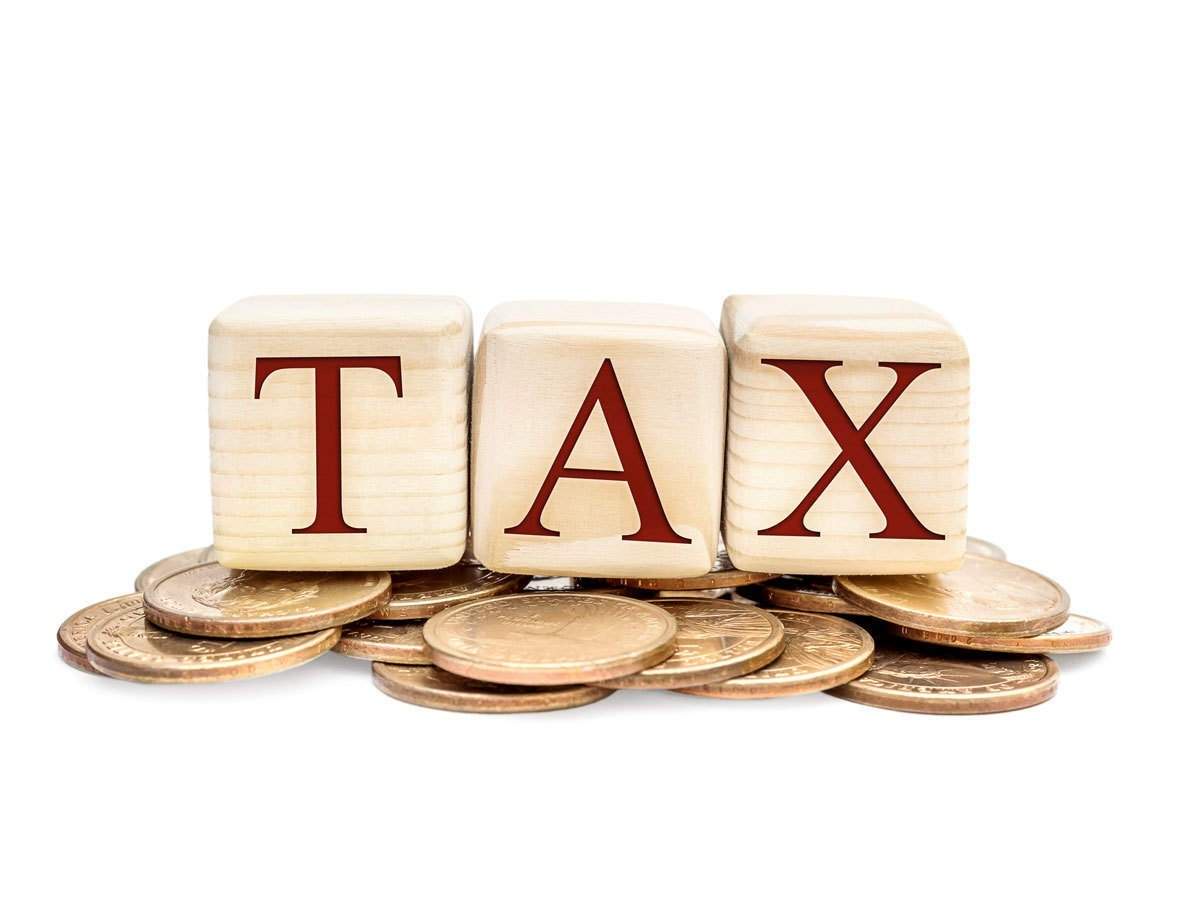In recent years, discussions surrounding tax reform have taken center stage in political and economic discourse. One such proposal that has garnered attention is the Fair Tax Plan. But what exactly is the Fair Tax Plan, and how might it impact individuals, businesses, and the economy as a whole? In this article, we'll delve into the details of the Fair Tax Plan, exploring its key components and potential implications.
Understanding the Fair Tax Plan:
The Fair Tax Plan is a comprehensive tax reform proposal that aims to revamp the current tax system, introducing a consumption-based approach. Unlike the traditional income tax system, which taxes individuals and businesses based on their earnings, the Fair Tax Plan proposes a national sales tax on goods and services.
Key Components:
-
Consumption-Based Taxation: At the core of the Fair Tax Plan is the shift from income-based taxation to consumption-based taxation. Instead of taxing individuals and businesses on their earnings, the Fair Tax would impose a sales tax on the purchase of goods and services. Proponents argue that this approach promotes fairness, as individuals are taxed based on what they spend rather than what they earn.
-
Prebate for Low-Income Individuals: To address concerns about the potentially regressive nature of a consumption tax, the Fair Tax Plan includes a provision for a rebate. This means that low-income individuals and families would receive a monthly rebate or pre-funded savings account to offset the taxes they would pay on essential goods and services.
-
Elimination of Other Taxes: Advocates for the Fair Tax Plan argue that it would lead to the elimination of various other taxes, including income taxes, payroll taxes, and estate taxes. This streamlining of the tax system is seen as a way to reduce complexity and administrative overhead.
Potential Benefits:
-
Simplicity and Transparency: The Fair Tax Plan proponents highlight the simplicity and transparency it could bring to the tax system. With a single sales tax, the process of filing taxes could become more straightforward for individuals and businesses alike.
-
Economic Stimulus: Some supporters believe that the Fair Tax Plan could stimulate economic growth by encouraging spending. With individuals having more control over their disposable income, it is argued that they would be more likely to contribute to the economy through consumption.
-
Incentive for Savings and Investments: As the Fair Tax Plan focuses on taxing consumption rather than income, it could create an incentive for savings and investment. This, in turn, might positively impact capital formation and long-term economic development.
Potential Criticisms:
-
Impact on Low-Income Individuals: Critics express concern that a consumption-based tax could disproportionately affect low-income individuals, as they tend to spend a higher percentage of their income on essential goods and services. The rebate provision aims to address this issue, but debates continue regarding its effectiveness.
-
Transition Challenges: Implementing the Fair Tax Plan would require a significant transition from the current tax system. Critics argue that this transition could be complex and potentially disruptive, posing challenges for both individuals and businesses.
Conclusion:
The Fair Tax Plan presents a novel approach to tax reform, challenging the conventional wisdom of income-based taxation. While it has gained traction among some policymakers and economists, debates persist regarding its potential impact on different segments of the population and the broader economy. As discussions on tax reform continue, understanding the intricacies of proposals like the Fair Tax Plan is crucial for informed public discourse and decision-making. In this dynamic landscape, businesses and individuals alike may find it beneficial to seek guidance from reliable tax outsourcing services to navigate the potential changes and ensure compliance with any new tax regulations that may arise.


No comments yet